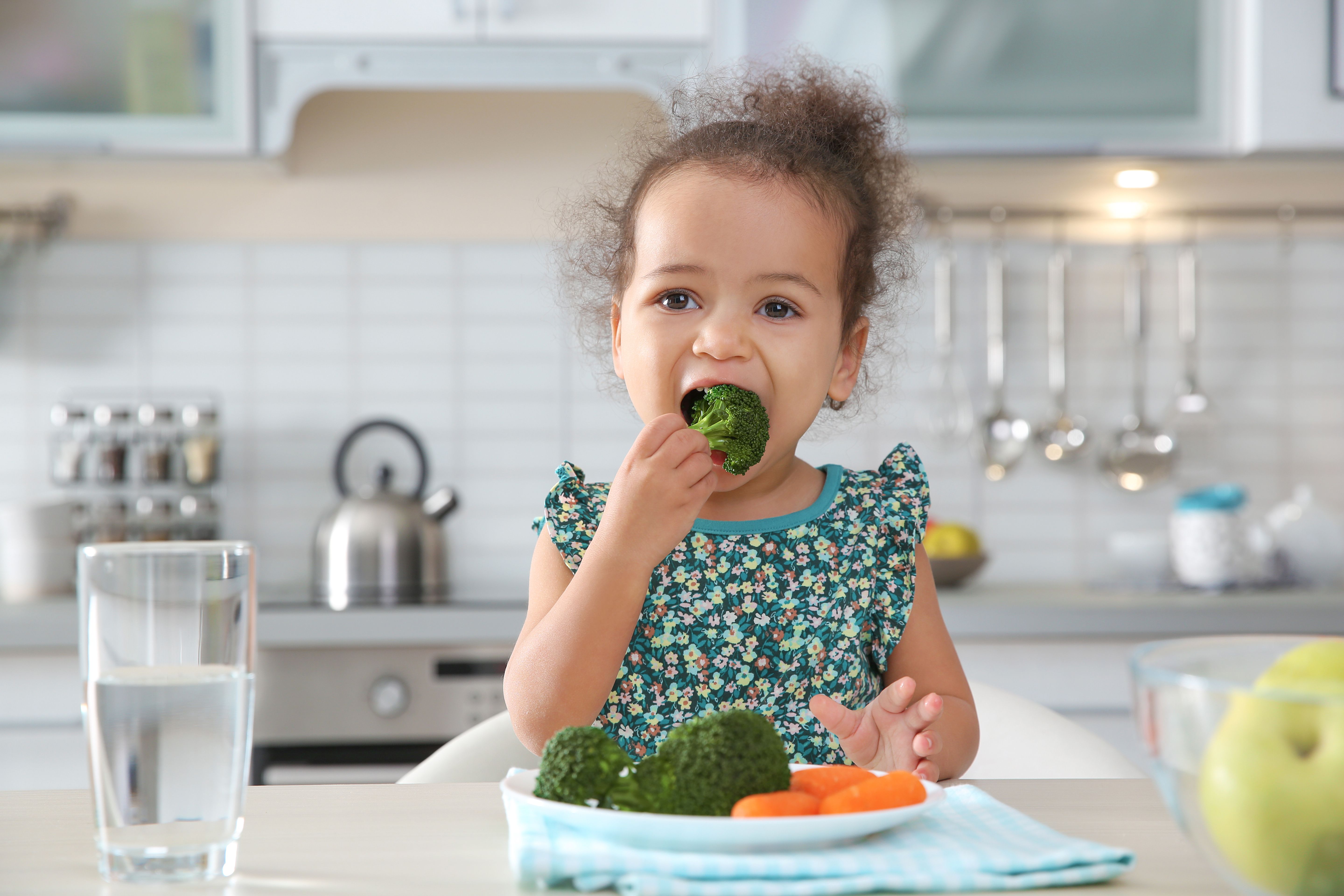A study has found that preschoolers will eat more vegetables when they are rewarded. Mealtime can be one of the most stressful times for mom, as she wants to make sure that her children get all the foods that they need to grow, thrive and develop. However, mom can also be dealing with some picky eaters who may not be keen on the idea of eating vegetables and fruits. They may not like the way they look, smell or the way they taste because they are not used to it, and mom is always on the hunt for ways to get her preschoolers to eat the foods that are good for them.
According to Medical Xpress, a new study showed that preschoolers will eat more vegetables if they are rewarded. This work was presented at the European Association for the Study of Obesity, and it can be read in full here.
The research found that toddlers will eat more vegetables if they are rewarded for them. This may be good news for parents who often use rewards to encourage positive behavior, and it may be worth a try for parents who have not yet.
Britt van Belkom, one of the researchers on the study stated that it is important that healthy eating habits are learned early in life, because that is the best way to make sure that childhood obesity can be prevented, and that they will carry them into adulthood. They already knew that it can take a child up to 8 times of trying a food before they decide they like it, so they wanted to work off of that theory. They wanted to see if repeatedly asking children to try vegetables would make them more willing to eat them. They also wanted to see what would happen if they provided a fun reward.
They looked at 598 children in daycare centers, and they split them into three groups. In one group, there were children who were given rewards for trying their vegetables, and these were not food rewards. They would be stickers and plastic crowns, etc.
What they found was that the number of children in the reward group that were more likely to eat their vegetables, or at least try them, was higher than in the other two groups. While many parents may not like to offer rewards to their children, it may be worth it if it means getting some healthy food in them.
Sources: Medical Xpress, EASO

